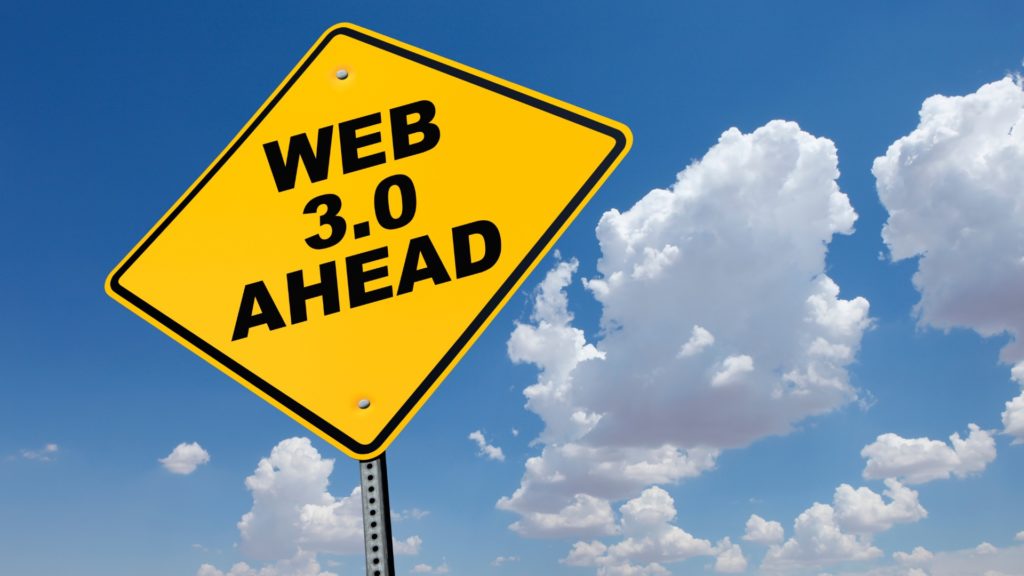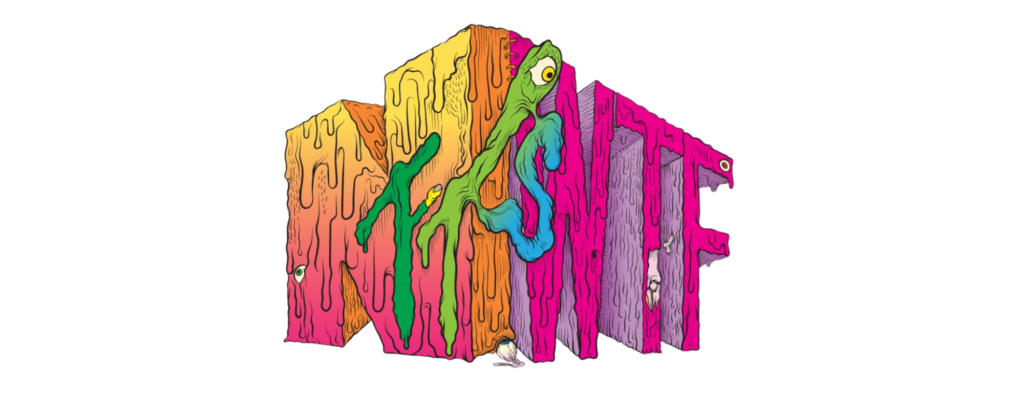Web 3.0 is touted as the next evolutionary development of the internet. Using blockchain technology, its decentralized nature allows people to be in charge of their own data rather than trusting their information to large tech companies or requiring third-party verification of personal identity.
The concept of an independent system where each individual manages their own data and exchanges value as desired is one that has drawn many people to contribute toward it. That said, governments are, as of yet, unsure of how to handle this new developing technology, and that poses a risk of potentially misapplied regulation. The way governments regulate facets of this new internet may impact its development, though the reverse may be true as well—as web 3.0 develops, it may also push regulators to make adjustments to existing legal frameworks.
Web 3.0 – More Than Just Investing
Cryptocurrencies like Bitcoin and Ethereum have drawn a lot of attention to blockchain technology, as have NFTs. That attention has come from both investors looking to find new ways to generate profit and lawmakers who voice concerns about security, fraud, taxes, etc.
What many people may not notice is that blockchain technology is more than just a platform for investments and trading. It’s an entirely new landscape where people can exchange value as they please, and manage their data independently. For instance, instead of relying on tech giants to provide platforms for online communities, individuals can form their own communities governed by their own rules.
It’s something completely independent of any central governing entity, which may be why there is some confusion as to how individual legal jurisdictions are to involve themselves with it.
The Regulatory Challenges of Web 3.0
There are many areas that governing bodies around the world are grappling with when it comes to Web 3.0 and blockchain technology. Some of the major concerns that regulators find themselves working through include the following:
Investor Protections
Blockchain technology and virtual tokens have provided a lucrative opportunity for investors, and that has raised concerns among regulators. Preventing fraudulent actions (like money laundering) and safeguarding the interests of investors has (ostensibly) become a priority for organizations like the SEC and the CFTC, and the actions these organizations have taken indicate that they may err on the side of too much regulation, potentially limiting web 3.0’s development.
That said, the way events like the SEC v. Ripple lawsuit and congressional actions pan out in the future remains to be seen. The matter of how the financial implications of blockchain tech will be handled by legal frameworks is something that is still hotly debated.
Privacy and Disclosure
One of the blockchain’s primary draws is the fact that it offers people privacy and security when it comes to their personal data. That comes with liability, of course—it could facilitate fraudulent activity by making criminals harder to track.
The question of how much disclosure will be required by government bodies and how that might affect individual privacy is one that could have serious implications for how this technology develops in coming years. If regulations become too heavy-handed, it could stifle development. Too light, and there may be an increased risk of criminal activity. Whether that risk is worth the protection of individual data has yet to be decided by regulators.
Jurisdictional Concerns
Finally, there are jurisdictional concerns. When it comes to a decentralized internet, who has control? How are individual laws applied, and to whom? Could this new internet become a sort of jurisdiction all its own? Case law may decide how the law is applied to individual situations, as may new or revised regulations.
Legal Shifts Might Shape Web 3.0’s Development
Legal updates have the potential to shape blockchain’s development in the years ahead. Depending on how heavily existing laws are applied, it could limit its growth in some countries, giving other nations an edge. Conversely, if regulators are willing to adapt existing frameworks to accommodate this new internet, it could be beneficial for everyone. Again, those involved in web 3.0’s development should keep an eye out for what regulators, judges, and other parties decide in the coming years.

![]()
Artist: Moxarra | Twitter @Moxarra



